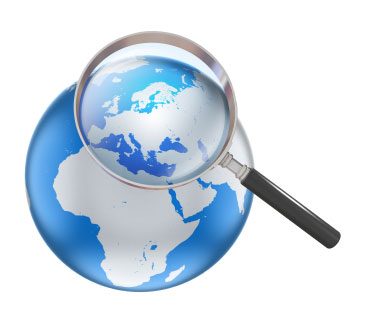Weak states have a common root to radicalize the youth, decaying economic prospects and corruption in government. In Lebanon, both remain intact. For now, the political elite is unlikely to introduce any change due to its costs in the elections, until the economy or the security is threatened. There are clear signs of high anger among the community and especially youth. Unemployment rate is high and is increasing rapidly. If the anger erupts, it might be difficult to predict its effect. However, it is even more difficult how it will affect the neighboring countries and the stability in the region.
After all years’ of advice, international community seems not interested helping Lebanon anymore. Iran is only interested to get involved if Hezbollah’s position will be affected by any changes. Saudi Arabia is interested in Yemen and has no benefit helping Lebanon for now. Syria, once important economic and security guarantor, has left few resources and barely enough for its survival. Israel seeks to secure its maritime border which would increase its energy reserves in the Mediterranean region. France, the European hand on Lebanon, is interested to keep its influence in Future Movement party in order to ensure that sectarian parties run the country; European leaders paid dearly to have this lesson in Turkey.








